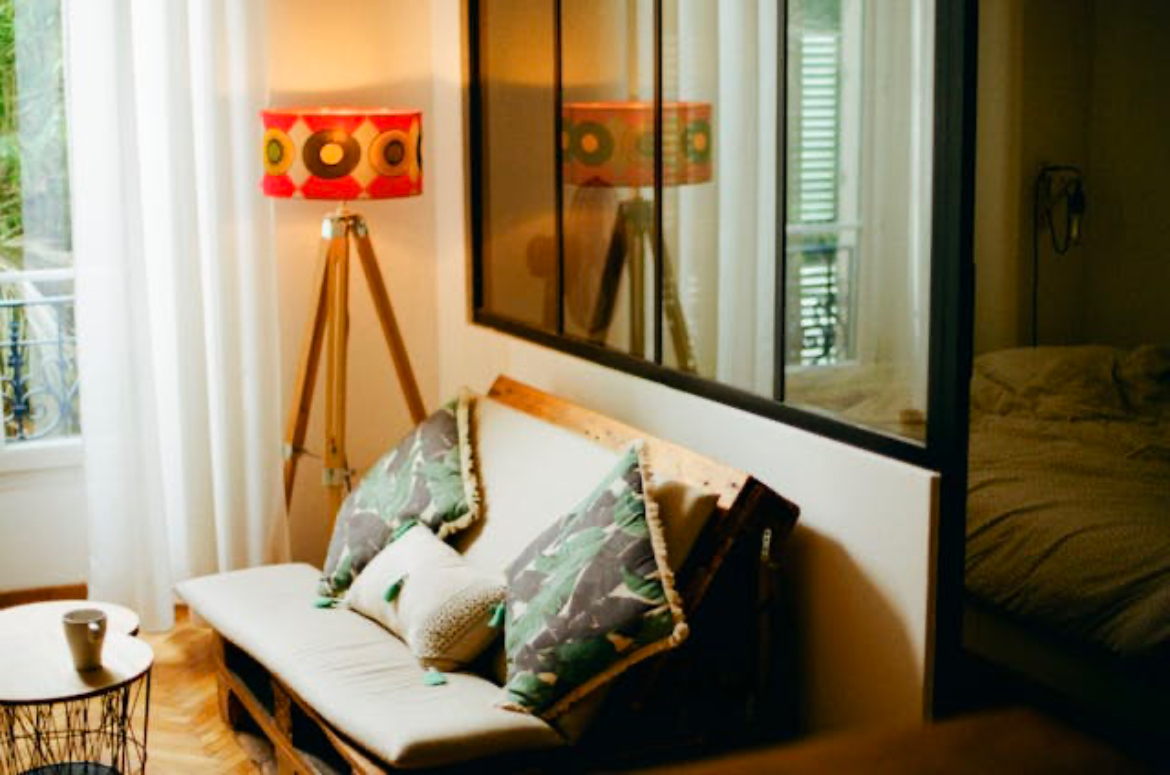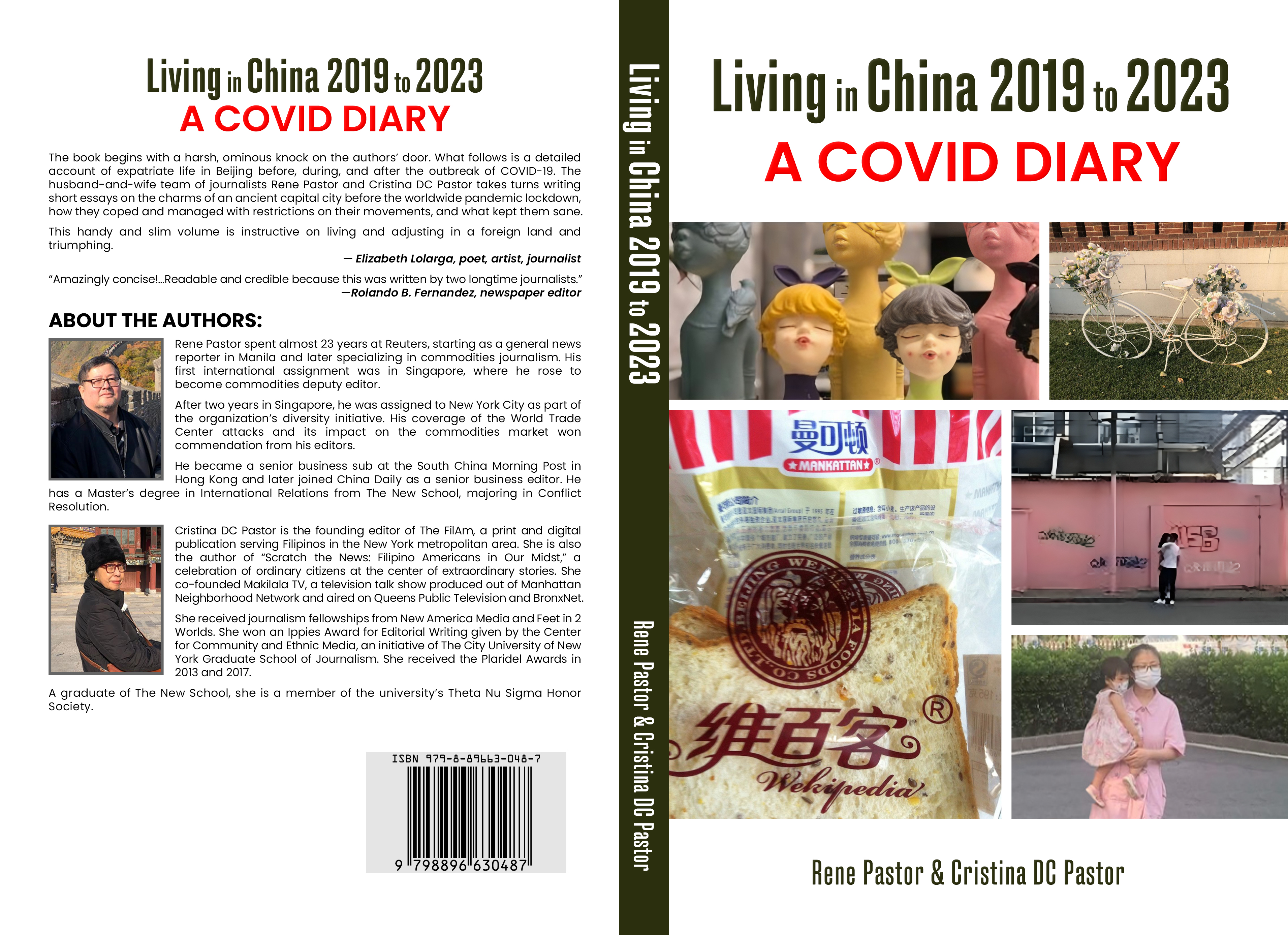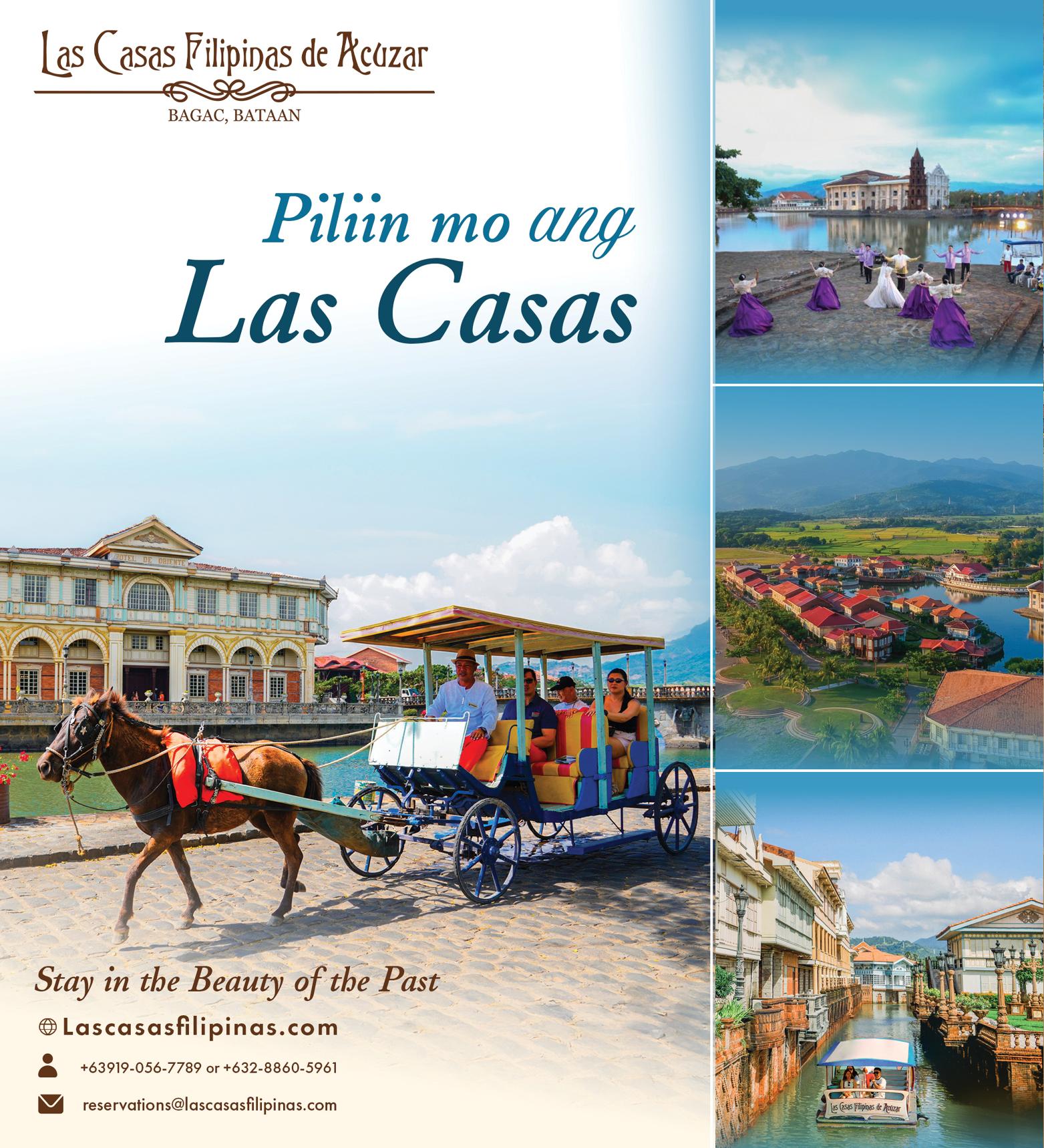What does it truly take to be a hero?
It is said that the legend of a hero does not conclude with the great exploit he had done.
Both in myths and in real life, the great exploits represent only the beginning — the start of his mission.
He goes through the period, completely by himself and irresistibly exposed to the temptation to surrender.
Everything conspires against him: the oblivion of others, the exacerbated attitude, the monotonous repetition of his suffering.
Woe to him if he fails to overcome that ordeal, woe to him if he doesn’t resist, if he gives way. I learned that from Camus.
Heroes cannot be schematized, catalogued nor categorized by their ideologies, societies or power.
They are unparalleled men and women — monuments of fierce fidelity fighting tyranny and oppression.
They are the instruments of those who command, who promise — frightened, as they are caught in the conflicts of political struggles and idealogy and are moved inexorably toward a confrontation with death.
There’s the hero who fights alone for freedom and for truth — never giving up, even in death. He is killed by colonizers and their cohorts, the violent and the indifferent.
Our national hero Jose Rizal was against a premature revolution and recommended more preparations. He was quarantined aboard a ship in Manila Bay on his way to Cuba, but rejected a rescue offer from Andres Bonifacio, Emilio Jacinto and Guillermo Masangkay, who were disguised as sailors. Later, Rizal would then be arrested, tried and executed.
There is always a legend for a hero — the one who fights and dies in the name of freedom, or from protecting a hill or a flag.
The word freedom does not seem to have a synonym, only adjectives or extensions . We say freedom of expression, freedom of worship, of the pen, of a strike and all the other assumptions challenged by a myriad of possibilities.
The story of the Philippine Revolution has always been about the lofty ideals on which our country’s quest for freedom was founded. It rallied everyone’s spirit for unity, in the fight for freedom and in the same standard of strength and sacrifice, with only a good conscience as reward, as we go forth to lead the land we love — which gave us our heroes.
These heroes defined the challenges of the past — inspired generations before us and gave us renewed insight for our own time. In spite of the many varied realities within our society, as a nation, there is more that unites us than divides .
It was about the Filipinos’ sense of self at a particular time. It was our national heroes’ expressions of their personal, yet universal truths and ideologies.
The freedoms we cherish, sometimes take for granted, our diversity of heritage and the experiences that strengthen us are gifts from our heroes.
Part of a continuum between generations lies in our decision to choose what important values we want to pass on to our children. Being Filipino brings responsibilities as well as opportunities and a commitment to treasure the sources of our rights and freedoms, derived from the struggles of those who fought and died to preserve them.
Our nation celebrates the 150th birth anniversary of Gat Andres Bonifacio, the Father of the Philippine Revolution.
The Philippines has given us her best. Now it is our turn.






